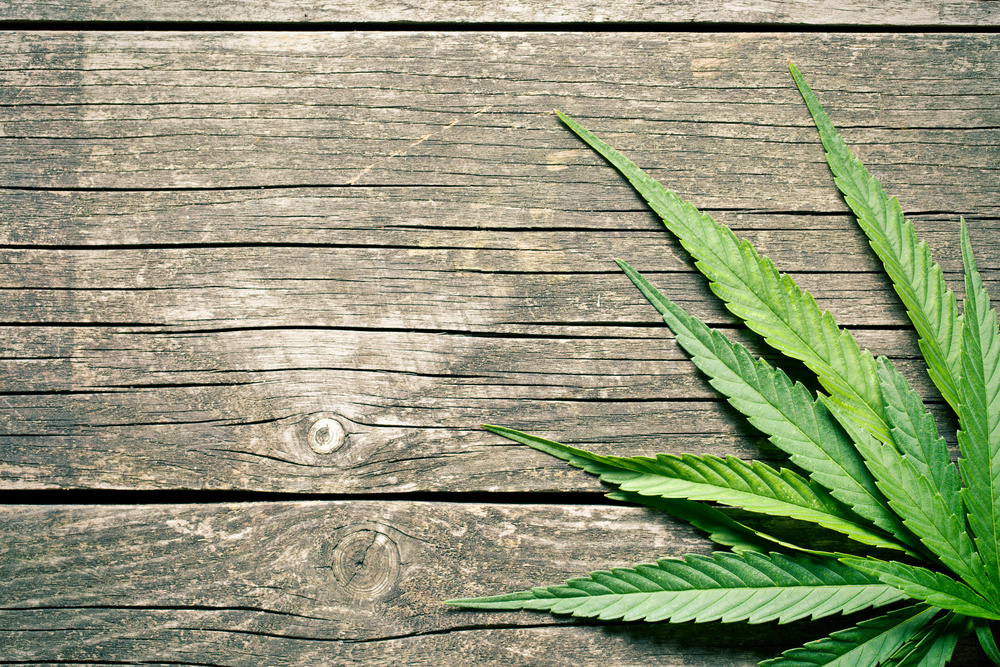More than three-dozen states have given the green light to medical cannabis. Many of them have also approved recreational marijuana. But in both cases, cannabis is only state-legal in the sense that federal law still considers it an illegal substance. And now, we are beginning to see a similar trend of states wanting to legalize psilocybin.
State initiatives legalizing substances that are still banned at the federal level are pretty common these days. It all raises an interesting question, a question that deserves an answer sooner rather than later: are state-legal substances truly legal or just decriminalized?
You may see only a fine line between the two, but legalization and decriminalization are two separate things under the law. The distinction is important enough that it needs to be recognized as more states start pushing for legal psilocybin.
Magic Mushrooms in Utah
Politically conservative Utah shocked the rest of the country when voters passed a medical cannabis proposition a number of years ago. Since then, medical cannabis pharmacies like Provo’s Deseret Wellness have flourished. So have growers and processors. Things have been so successful that Utah lawmakers are now seriously considering doing something similar with psilocybin.
Known colloquially as magic mushrooms, psilocybin is the intoxicating compound found in approximately two hundred fungi species. It is also a psychedelic drug, known for its ability to heavily influence mood, thought processes, and perceptions of reality.
Legalization vs. Decriminalization
The Utah lawmakers responsible for introducing psilocybin legislation want the Beehive State to be the first in the union to legalize the drug for medical purposes. One particular advocate of the legislation recently told reporters that “two states have decriminalized psilocybin, but no state has legalized it.” He thinks Utah can do the latter.
But wait just a minute. State-legal does not necessarily mean truly legal. Let’s go back to medical cannabis. All the states that have legalized it to date are essentially thumbing their noses at federal law enforcement. They are ignoring federal law and counting on the fact that the Justice Department will not go after them. But in the eyes of the law, marijuana is still illegal.
What states like Utah have actually done is decriminalize medical cannabis. In other words, they have voluntarily agreed to give state residents access to cannabis for medical purposes without the threat of arrest or prosecution. Just because Utah law preempts enforcement of federal law does not make the federal law invalid. In fact, state law doesn’t preempt federal law anyway. None of this works if federal authorities ever choose to stop turning a blind eye.
Not Criminals at the State Level
As things currently stand, a patient visiting Deseret Wellness to purchase cannabis is not considered a criminal under state law as long as they have a valid medical cannabis card. If certain lawmakers have their way, the same will be true of psilocybin before long. But both cannabis and psilocybin are still federally illegal.
The point of this post is not to take a position on whether people should be using substances like cannabis and magic mushrooms. It is simply to state the legal facts. Legalization and decriminalization are two separate things. As such, state-legal cannabis is not truly legal after all. It is still illegal. It’s just that state lawmakers have removed the criminal penalties for possessing it.
The only way to harmonize state and federal laws at this point is to remove cannabis from the Class I list of controlled substances. That would make it legal across the land. Otherwise, state-legal cannabis is not really legal. It is just decriminalized.

